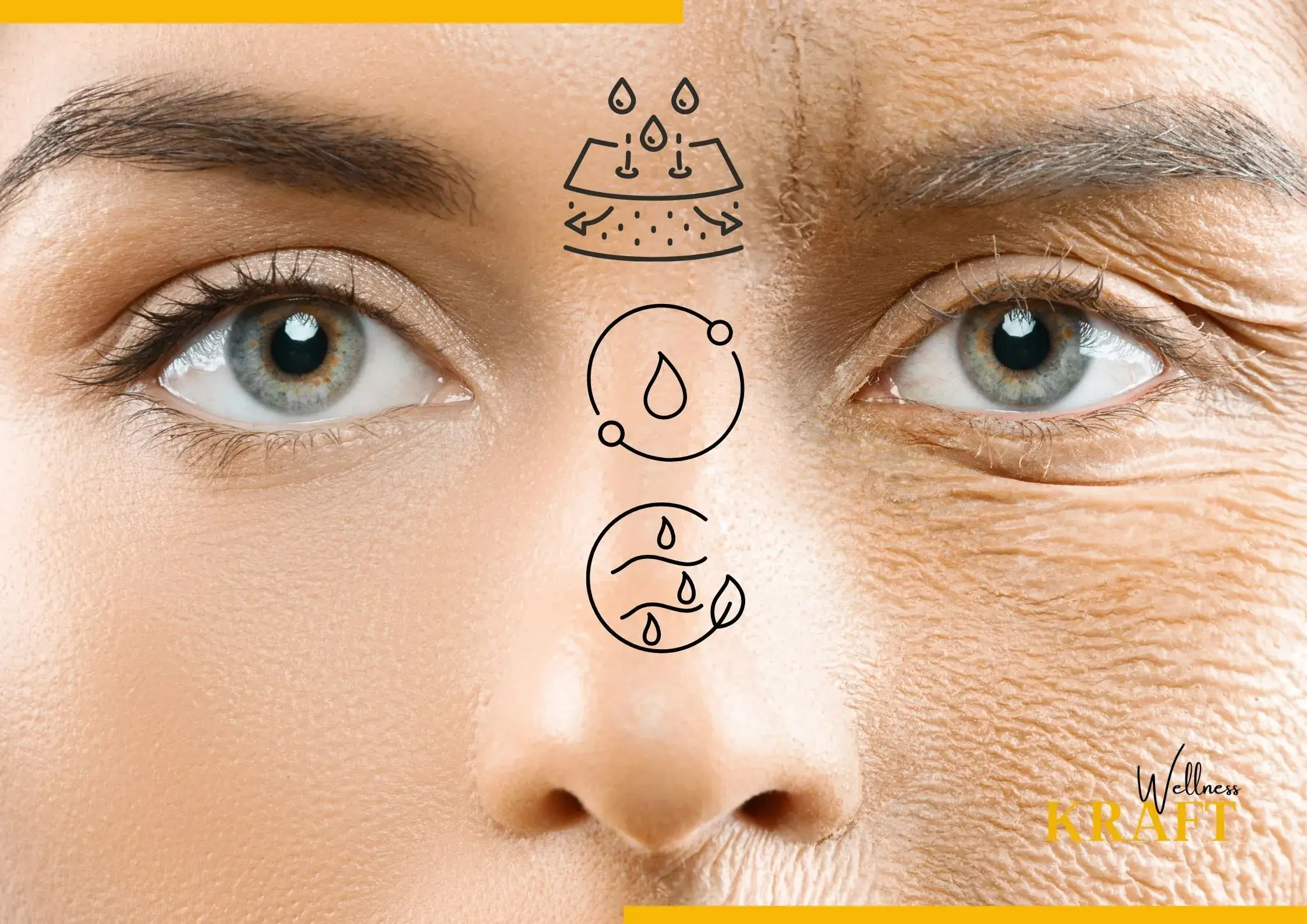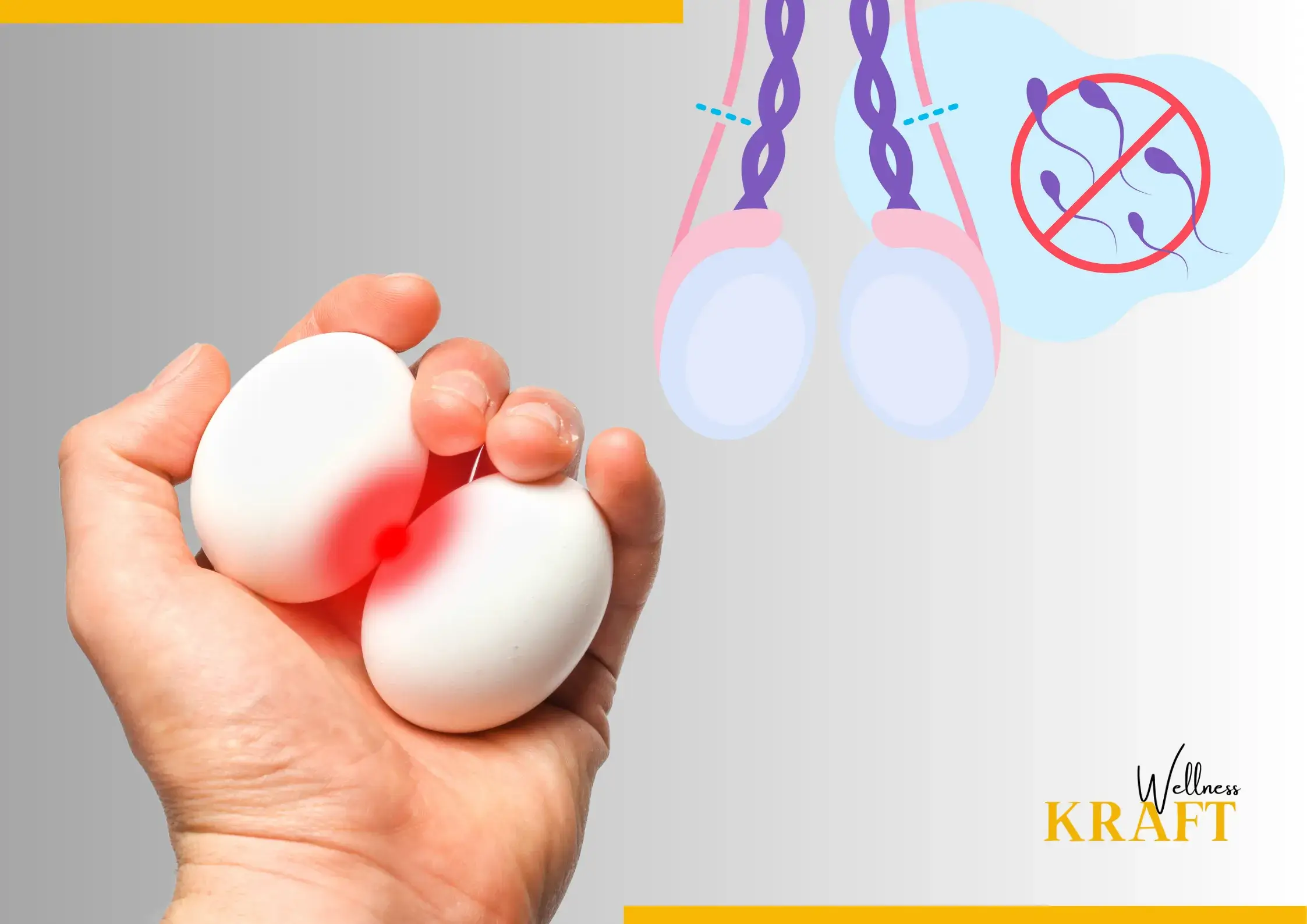Introduction
Our lives should place a high priority on taking care of our health. The significance of regular check ups and screenings for preventive care cannot be over emphasized, even though many people tend to seek medical assistance only when they are experiencing symptoms or having health difficulties.
These preventive steps are essential for maintaining our health and spotting potential health issues at an early stage. The importance of regular checkups and screenings for health care will be discussed in this article, along with the benefits they provide and the reasons they ought to be a regular part of our preventative care regimen.
We may take charge of our health and assure a healthier future by adopting a proactive attitude towards it.
Table of Contents
Recognising Preventive Care

The term “preventative care” refers to a variety of medical procedures and services that work to keep people healthy overall by spotting diseases early on and preventing illness. Preventive care adopts a proactive strategy to preserve and enhance a person’s health as opposed to reactive health care, which concentrates on treating pre-existing illnesses.
The fundamental idea behind preventative care is to spot potential health concerns early on and take action before they develop into more significant ones. Regular examinations, screenings, immunisations, and lifestyle changes that can lower the chance of contracting specific diseases and ailments are all part of this strategy.
People can take control of their health and seek to avoid diseases rather than just treat them by placing a high priority on preventative care. To live a healthy and happier life, one must change from a reactive to a proactive mindset.
Recognising the many benefits that preventive care provides is essential for fully appreciating its significance. We will discuss these benefits in more detail in the parts that follow, as well as explain why regular examinations and screenings are crucial for preserving good health.
The Advantages of Routine Examinations and Screenings

1. Early Disease and Condition Detection:
Early detection of diseases and medical issues is made possible through routine checkups and screenings. In their early stages, many diseases, including diabetes, heart disease, and cancer, may not have any obvious symptoms. Healthcare professionals can uncover potential health issues through routine exams and start quick treatment or preventive actions. The likelihood of successful therapy is greatly increased, and overall health outcomes are improved with early detection.
2. More Effective Treatment Options:
Early diagnosis of diseases and ailments increases the likelihood of effective therapy and broadens the range of treatment options. Certain diseases can be treated more successfully and with better patient outcomes when they are identified early on. This allows for less intrusive procedures or medication. Regular checkups and screenings enable people to consider additional treatment options, which may result in better health outcomes.
3. Long-term cost savings:
Regular checkups and screenings may seem like a needless investment to some, but they can really result in significant long-term cost savings. The emergence of difficult and expensive medical disorders can be avoided by identifying and treating health problems early on. By making an investment in preventive care, people can avoid the high costs of hospital stays, surgeries, and other long-term treatments that could result from untreated health concerns. In order to maintain both physical and financial well-being, it is a good investment.
4. Health Management That Is Personalised:
The ability to evaluate a person’s overall health state and create personalised health management strategies is provided through routine checkups and screenings by health care experts. Through these consultations, doctors can provide advice on stress management techniques, exercise routines, healthy eating habits, and healthy lifestyle choices that are tailored to the patient’s individual needs. Individuals with access to personalised health management are better equipped to take charge of their health, which ultimately improves overall wellbeing.
5. Enhancing General Wellbeing:
The management and detection of diseases are only one aspect of preventative care. It includes a holistic strategy for health and happiness. Regular examinations give health care specialists the chance to evaluate a person’s physical, mental, and emotional health, as well as any social issues that may have an impact on their overall health. People can attain a better balance in their lives, experience better mental and emotional states, and have a higher quality of life by addressing these factors early on.
A proactive and powerful decision is to include regular check-ups and screenings in one’s health care routine. It provides a wide range of benefits, including early disease detection, enhanced treatment options, long-term cost savings, personalised health management, and overall wellbeing. People may take charge of their health, lower their risk of illness, and build a healthier and happier future by embracing preventive care.
Additionally, regular examinations and screenings offer a chance to address mental health issues. Anxiety and depression are two mental health issues that can have a big influence on overall wellbeing. Healthcare providers may recognise and offer support for mental health issues through open conversations during checkups, ensuring people receive the appropriate care and resources for enhanced mental well-being.
Including preventive care in one’s usual medical care also motivates people to give self-care top priority and actively manage their health. Individuals who regularly visit the doctor show dedication to their own health, promoting a sense of empowerment and control over their health results.
Preventive care contributes to a higher quality of life, increased productivity, and increased happiness by fostering overall well-being. It enables people to actively manage their health, stop diseases from developing, and take care of health issues before they become more difficult to treat.
Services for Common Preventive Care

A wide number of services are included in preventive care, which aims to identify health problems early and promote overall well-being. Typical preventative care services include:
1. Regular check-ups:
Comprehensive evaluations of overall health can be done during routine visits to health care providers, including general practitioners. Vital signs are frequently taken, medical histories are examined, physical exams are performed, and any health problems are discussed during these checkups.
2. Immunisations:
Immunisations are a vital component of preventative care and offer protection against infectious diseases. Immunisations aid in the prevention of diseases such as the flu, measles, tetanus, hepatitis, and the human papillomavirus (HPV).
3. Screenings:
A number of screenings are offered to find diseases and problems early on. Blood tests, cholesterol checks, mammograms, Pap smears, colonoscopies, bone density scans, and prostate-specific antigen (PSA) testing are a some of the screenings that may be performed.
4. Monitoring blood pressure:
Having your blood pressure checked regularly can help you detect hypertension, a major risk factor for cardiovascular diseases. Heart attacks, strokes, and other consequences can be avoided by controlling blood pressure with dietary changes or medication.
5. Cholesterol Check:
Checking your cholesterol can identify high levels of “bad” LDL cholesterol or low levels of “good” HDL cholesterol, which can both be risk factors for heart disease. Medication and lifestyle changes can help control cholesterol levels and lower the risk of cardiovascular issues.
6. Cancer Screening:
Regular cancer screenings, such as mammograms for breast cancer, Pap tests for cervical cancer, and colonoscopies for colorectal cancer, can find anomalies or early indications of the disease, enhancing the effectiveness of treatment.
7. Diabetes screenings:
It’s essential for the early detection and management of diabetes to measure blood sugar levels and identify risk factors. Medication and lifestyle modifications can help regulate blood sugar levels and avoid problems.
Giving Priority to Preventive Care

Making preventative care a priority in our life is crucial for reaping its full benefits. A proactive step towards preserving top health and wellbeing is to include regular checkups and screenings in our regimen for health care. To make preventative care a top priority, consider the following practical tips:
1. Make it a habit to arrange routine checkups:
Make it a practise to arrange regular checkups with your healthcare physician. These consultations work as a preventative strategy to evaluate your overall health, treat any issues, and get any screenings or vaccines that are required. To make sure you don’t forget these crucial appointments, set reminders or use online scheduling applications.
2. Self-Education:
Spend some time learning about the value of preventative care and the particular screenings or immunisations that are advised for your age group and risk factors. Keep abreast of the suggestions made by recognised health care organisations, and speak with your health care practitioner for personalised advice.
3. Create a Relationship with a Healthcare Professional:
Choose a healthcare professional that you can trust and who makes you feel at ease. A solid rapport with your healthcare practitioner promotes open communication and makes it easier to have conversations about preventative care. In order to create a personalised preventative care plan, they can offer advice, respond to your inquiries, and collaborate with you.
4. Take an Active Role in Your Own Health Promotion:
Adopt healthy lifestyle practises to actively promote your own health. Eat a balanced diet, get regular exercise, learn to control your stress, get enough sleep, and abstain from dangerous substances like tobacco and excessive alcohol intake. The chance of developing chronic diseases is decreased by these decisions, which improve overall wellbeing.
5. Take Advantage of Preventative Services:
Use the preventative services that are offered to you. Participate in community-based health programmes and initiatives, keep up with prescribed vaccines, and get screenings for diseases like cancer or cardiovascular disease. By using these services, you give yourself the ability to anticipate any health problems.
6. Engage Your Support System:
Encourage your loved ones to join you in your efforts to pursue preventative care. Encourage them to put their health first and come along with you to checkups or screenings. Fostering accountability and motivation through the development of a supportive network for preventative care.
7. Keep track of your personal health data:
Keep track of your personal health data, such as screenings, immunisations, and test results, to monitor and track your health. This makes it possible for you to see your health history in its entirety and makes it easier to spot any gaps in preventative care. To speed up this procedure, use personal health records or health apps.
8. Keep up with insurer coverage:
Know what services for preventative care are covered by your insurer. Numerous insurance policies don’t require any additional cost-sharing for a number of screenings and immunisations. You can get preventative care services without facing financial obstacles if you are aware of your benefits.
You can make preventative care a top priority in your life by implementing these tactics. Regular check-ups, screenings, and healthy lifestyle choices all improve your overall health, aid in the early detection of any problems, and give you more control over your well-being. Keep in mind that the key to a better and happier future is prevention.
Concluding Thoughts
To promote overall well-being and preserve maximum health, it is essential to prioritise regular checkups and screenings for preventative care. These preventative practises, which were covered in the Wellness Kraft essay, have many benefits that help people live healthier and happier lives.
Individuals boost their chances of receiving prompt treatment and improving results by pursuing early detection of diseases and disorders through regular checkups. Early intervention opens up a variety of therapy choices and can result in either a full recovery or better disease management.
Furthermore, understanding one’s health state and taking proactive efforts to prevent illness bring forth priceless peace of mind.
Another important advantage of regular check-ups and screenings is personalised health management. Healthcare experts take into account personal aspects and adjust recommendations and interventions to meet particular needs. This method gives people the power to take charge of their health, make wise choices, and strive towards their health objectives.
In addition, by emphasising one’s physical, mental, and emotional health, preventative care improves overall wellbeing. Screenings, immunisations, and conversations about healthy lifestyle choices are all part of it. People can actively manage their health, address mental health issues, and enhance their quality of life by embracing preventative care.
It is abundantly evident from the Wellness Kraft article that regular check-ups and screenings for preventative care are essential for living a happier and more satisfying life. Individuals can take control of their health, identify health problems early, and reap the benefits of personalised intervention and preventative health management by making preventative care a priority.
Key Takeaways
1. Maintaining top health and wellbeing requires routine checkups and screenings for preventive care.
2. Through preventative care, early detection of diseases and ailments enables prompt and efficient treatment, which improves outcomes.
3. By preventing the onset of complicated and expensive medical diseases, preventive care can ultimately result in cost savings.
4. Because healthcare practitioners customise recommendations and interventions to meet specific needs, personalised health management is a significant advantage of preventive care.
5. Through the treatment of physical, mental, and emotional health, preventative care fosters overall wellbeing.
6. Regular checkups, self-education, building a rapport with a preventative health provider, and being proactive in health promotion are all part of making preventive care a priority.
7. Preventative care should be prioritised by using preventative services, involving your support network, monitoring and tracking your health, and understanding your insurance coverage.
8. People who receive preventive care are better equipped to manage their health and make wise choices regarding their wellbeing.
9. For the best preventive care, it’s critical to stay current with the immunisations, screenings, and lifestyle decisions that are advised.
10. A future that prioritises preventive care is healthier and happier.
FAQs
1. Why is the importance of preventive care important?
Prevention improves treatment outcomes and lowers healthcare costs by assisting in the early detection of diseases and disorders. It encourages overall wellbeing and gives people the power to take charge of their health.
2. How frequently should I have a checkup?
Age, gender, and pre-existing health concerns all affect how frequently you should see a doctor. For personalised suggestions, speak with your health care practitioner.
3. What types of screenings are usually part of preventive care?
Blood tests, cholesterol checks, mammograms, Pap smears, colonoscopies, bone density scans, and diabetes screenings are a few examples of common screenings. Based on various considerations, different screenings are suggested in different situations.
4. Are immunisations regarded as preventive care?
Vaccinations are an essential part of preventive care, yes. They shield individuals from infectious diseases and stop their spread.
5. Can preventative care result in long-term cost savings?
Yes, spending money on preventive care can result in cost savings by preventing the emergence of sophisticated and expensive medical diseases that can require protracted therapies or hospital stays.
6. How may I profit from personalised health management?
In order to improve health outcomes and assist you in reaching your health objectives, personalised health management takes into consideration your particular requirements and situation.
7. What are some ways I might involve my support network in preventive care?
Encourage your loved ones to put their health first and to go with you to appointments or screenings. Building a supportive network encourages responsibility and drive.
8. Can mental health issues be treated through preventive care?
Yes, preventive care involves discussions about mental health and has the ability to spot and help those who have mental health issues, improving overall wellbeing.
9. How can I monitor my health in order to provide preventive care?
You may have a thorough understanding of your health history and make sure you get the appropriate follow-ups and preventive care services by keeping track of screenings, immunisations, and test results.
10. Are services for preventative care covered by insurance?
Numerous insurance policies include cost-free coverage for some preventative care procedures. It’s critical to comprehend your insurance coverage and use the preventive care options that are offered.
Always seek personalised guidance and recommendations from your healthcare professional when it comes to preventative measures.










